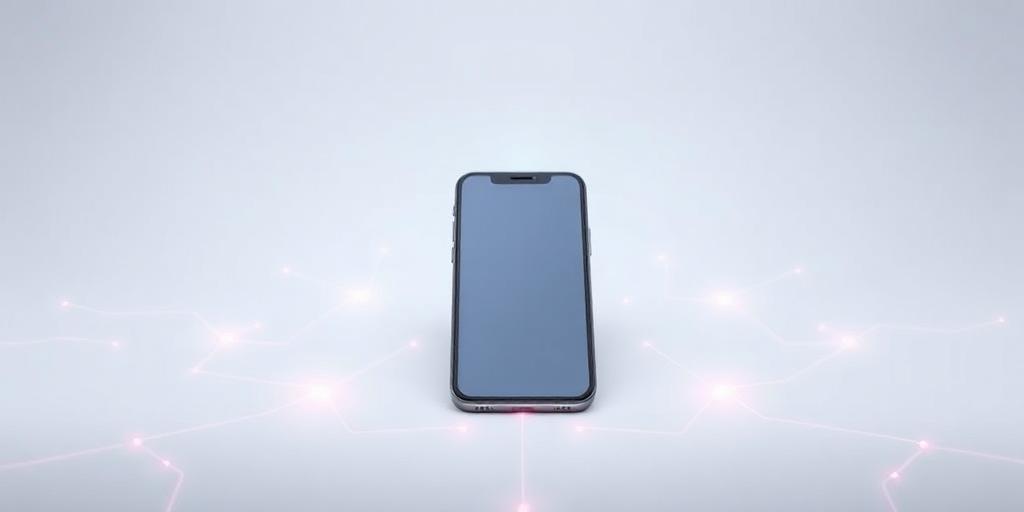Mobile App Trackers: How Many Are Spying on You Right Now?
In today's hyper-connected world, our smartphones are virtual extensions of ourselves. We use them for everything from communication and entertainment to managing our finances and health. But have you ever stopped to consider just how much of your personal data is being collected by the apps you use every day?
The Invisible Observers: Mobile App Trackers
Mobile app trackers are pieces of code embedded within apps that collect data about your behavior, device, and location. This information is then often shared with third-party companies, including advertisers, data brokers, and analytics firms. The goal? To create detailed profiles about you, which are used for targeted advertising, personalized content, and even to influence your purchasing decisions.
Types of Data Collected
Mobile app trackers can collect a wide range of data, including:
- Personal Information: Name, email address, age, gender
- Device Information: Device type, operating system, hardware settings, IP address, unique identifiers
- Location Data: Precise GPS location, Wi-Fi network information
- Usage Data: App usage frequency, features used, time spent in-app
- Behavioral Data: In-app purchases, search history, content preferences
How Many Trackers Are Lurking on Your Phone?
The exact number of trackers on your phone can vary widely depending on the apps you have installed. However, research has shown that many popular apps contain multiple trackers. A recent study by [insert reputable source] found that the average smartphone has [insert statistic] trackers installed across all apps.
Why Should You Care?
The pervasive tracking of your mobile activity raises several concerns:
- Privacy Risks: Your personal data can be used to create detailed profiles about you, which can be shared with third parties without your explicit consent.
- Security Risks: Data breaches can expose your personal information to hackers and cybercriminals.
- Price Discrimination: Your data can be used to charge you higher prices for products and services.
- Manipulation: Targeted advertising can be used to manipulate your behavior and influence your decisions.
Taking Control of Your Mobile Privacy
While it's impossible to completely eliminate mobile app tracking, there are steps you can take to reduce your exposure:
- Review App Permissions: Carefully review the permissions you grant to apps before installing them. Be wary of apps that request access to sensitive data that is not relevant to their functionality.
- Limit Location Tracking: Disable location services for apps that don't need them or choose the "Only while using the app" option.
- Use Privacy-Focused Browsers and Search Engines: Consider using browsers like DuckDuckGo or Brave that block trackers by default.
- Install a Tracker Blocking App: Several apps can detect and block trackers in other apps. Examples include [list examples].
- Read Privacy Policies: Before using an app, take the time to read its privacy policy to understand how your data is collected and used.
Conclusion
Mobile app trackers are a pervasive reality of the modern digital landscape. By understanding the types of data collected and taking steps to protect your privacy, you can minimize your exposure and take control of your mobile experience. Stay informed, be vigilant, and make conscious choices about the apps you use and the data you share.









